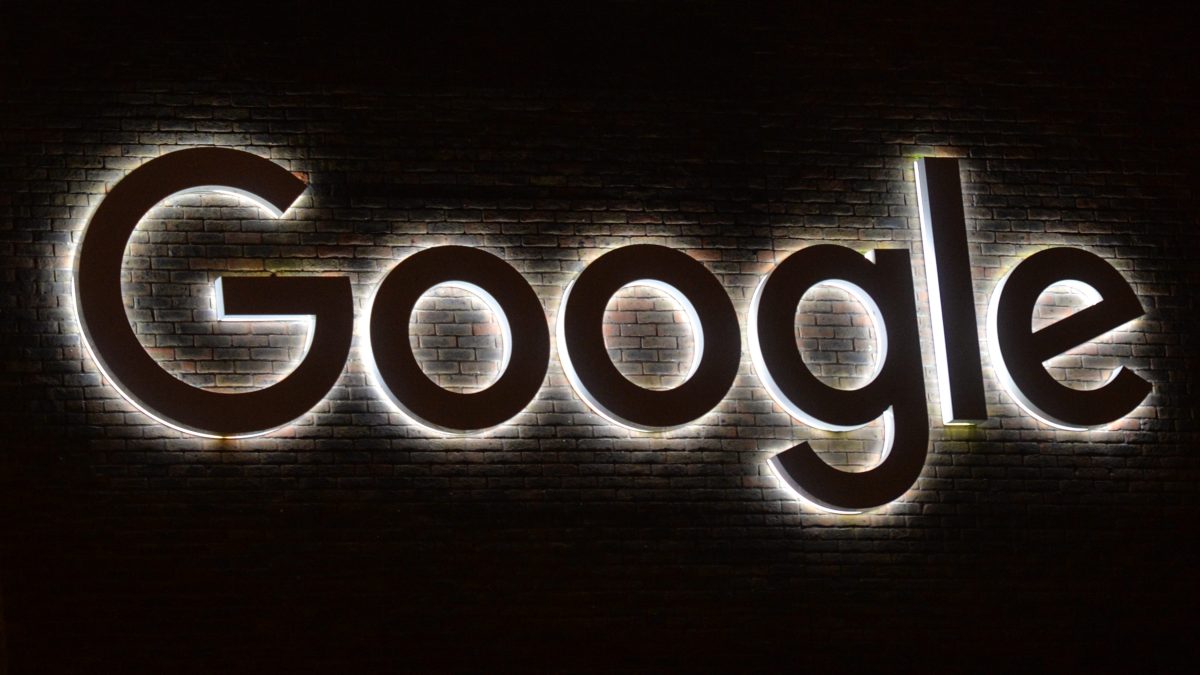- The Publisher Newsletter
- Posts
- Thursday 30th March: Why is Substack asking its own writers to invest?
Thursday 30th March: Why is Substack asking its own writers to invest?
Good morning! Today's newsletter is brought to you by Chris.
Have you got an upcoming event, job opening or report coming out, or would you simply like to shout about what your company does? We're opening up this slot for a lead ad. That can be a banner, text, or a mix! Slots can be booked on a day-by-day basis via our self-serve system, or just reply to this email if you'd like put together a package for block bookings.
The immediate response I saw to this was scepticism. After all, newsletter writers are very rarely flush with investor-level cash reserves, and they already do pay Substack a proportion of the revenue they make from subscribers. But, in the light of my recent interview with its head of writer partnerships Farrah Storr, let's take a look at the details and see how this will work out:
First and foremost, the minimum investment is $100 so it's not outside the realms of possibility for many newsletter writers. The expansion of the scheme is technically an extension of the company's $65 million series B raised 2021, a source confirmed to Axios and the goal, according to its community fundraising page, is $2 million. As of Monday evening it had already raised $194,300.
I love the idea of a collective of writers being shared owners of a platform like Substack, but with VC companies making up the majority of its funders, the possibility of that shared ownership is limited. However, as Storr said in our interview, anything that enables writers to work on stories that matter to them and their readers without the fickle nature of ad-funding has to be a good thing.
Hey, look! It's a good old-fashion media buy-out! And I do mean 'old-fashioned', as the Telegraph has bought a magazine company that publishes the most traditional luxury titles imaginable, including The English Garden. I wouldn't be surprised to learn they publish a titles called 'Royal Silverware Monthly' or 'Victorian Gentlemen's Haunted Carriage Clocks'. Anyway, for the Telegraph this is all in service of building out its subscriber base.
So while Twitter is stripping verification and context away, Google is adding it. The company is adding two new features to its search results designed to help users have confidence in the results. One will provide information about the post's author, including other things they've written, while the 'Perspectives' is a carousel that provides a range of results from "a variety" of outlets.
The tone of this Guardian piece is fun, because author and media editor Jim Waterson makes zero effort to hide his disdain for the rule in question. In short, the government has said it will "roll back a rule that could require news outlets to pay the costs of the people who sue them unless the news outlet is signed up to a state-backed press regulator".
More from Media Voices
Speaking of Chelsea Magazine Company, we spoke to its then-digital director Paul Rayner about what success looked like online for a magazine company.






